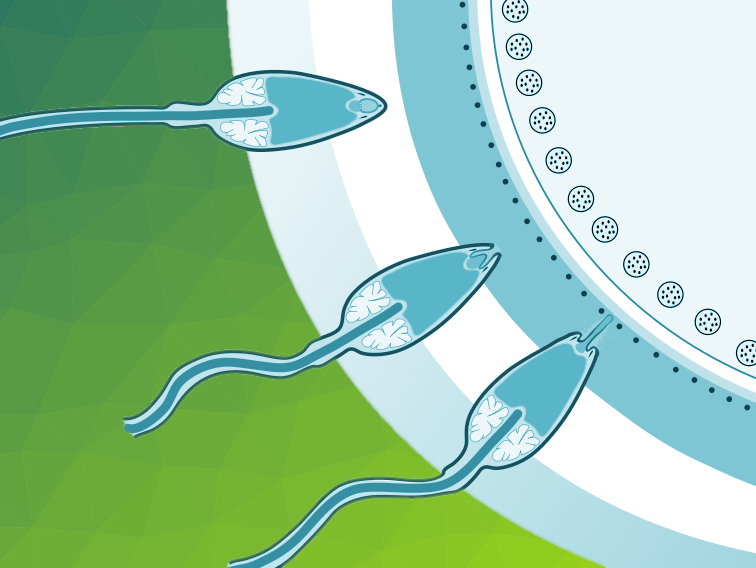COVID-19 is generally considered a respiratory disease, but an infection with SARS-CoV-2 can also damage other tissues in the body. For example, many people who recover from COVID-19 experience long-term symptoms such as “brain fog” or heart problems. There has also been some evidence that indicates COVID-19 could reduce male fertility.
Firuza Parikh, Jaslok Hospital and Research Centre, Mumbai, India, and colleagues have analyzed protein levels in the semen of men who have recovered from mild or moderate cases of COVID-19 in a small pilot study. The team compared these levels to those in the semen of healthy men with no prior COVID-19 infection. They analyzed semen samples from 17 men who had recently recovered from COVID-19 and 10 men with no history of COVID-19, all between the ages of 20 to 45, using mass spectrometry (MS). None of the men had a prior history of infertility.
The team found that the recovered men had significantly reduced sperm counts and motility and fewer normally shaped sperm than the control group. Protein analysis showed 27 proteins at higher levels and 21 proteins at lower levels in COVID-19-recovered men compared with those not previously infected. Many of these proteins are involved in reproductive function. Specifically, the fertility-related proteins semenogelin 1 and prosaposin were present in the COVID-19 group in levels less than half as high as in the control group.
According to the researchers, these findings suggest that a SARS-CoV-2 infection could have direct or indirect effects on male reproductive health even after recovery. However, they point out that larger studies should be conducted to confirm these findings, and that a control group of men who recently recovered from similar illnesses should be included to ensure that the findings are specific to COVID-19.
- Semen Proteomics of COVID-19 Convalescent Men Reveals Disruption of Key Biological Pathways Relevant to Male Reproductive Function,
Susmita Ghosh, Swapneil Parikh, Mehar Un Nissa, Arup Acharjee, Avinash Singh, Dhruv Patwa, Prashant Makwana, Arundhati Athalye, Abhilash Barpanda, Malini Laloraya, Sanjeeva Srivastava, Firuza Parikh,
ACS Omega 2022.
https://doi.org/10.1021/acsomega.1c06551
Also of Interest
- Collection: SARS-CoV-2 Virus
What we know about the new coronavirus and COVID-19




